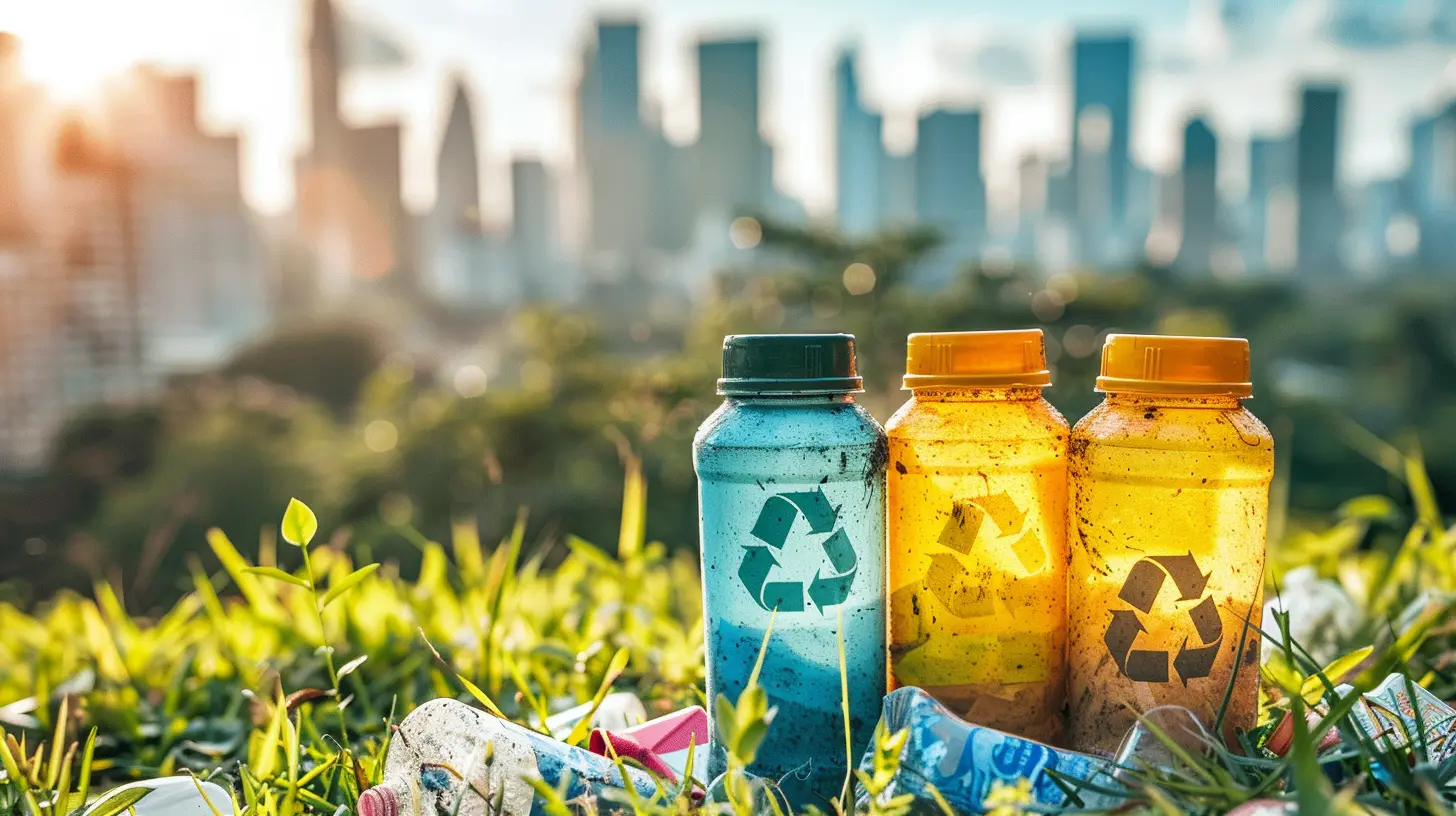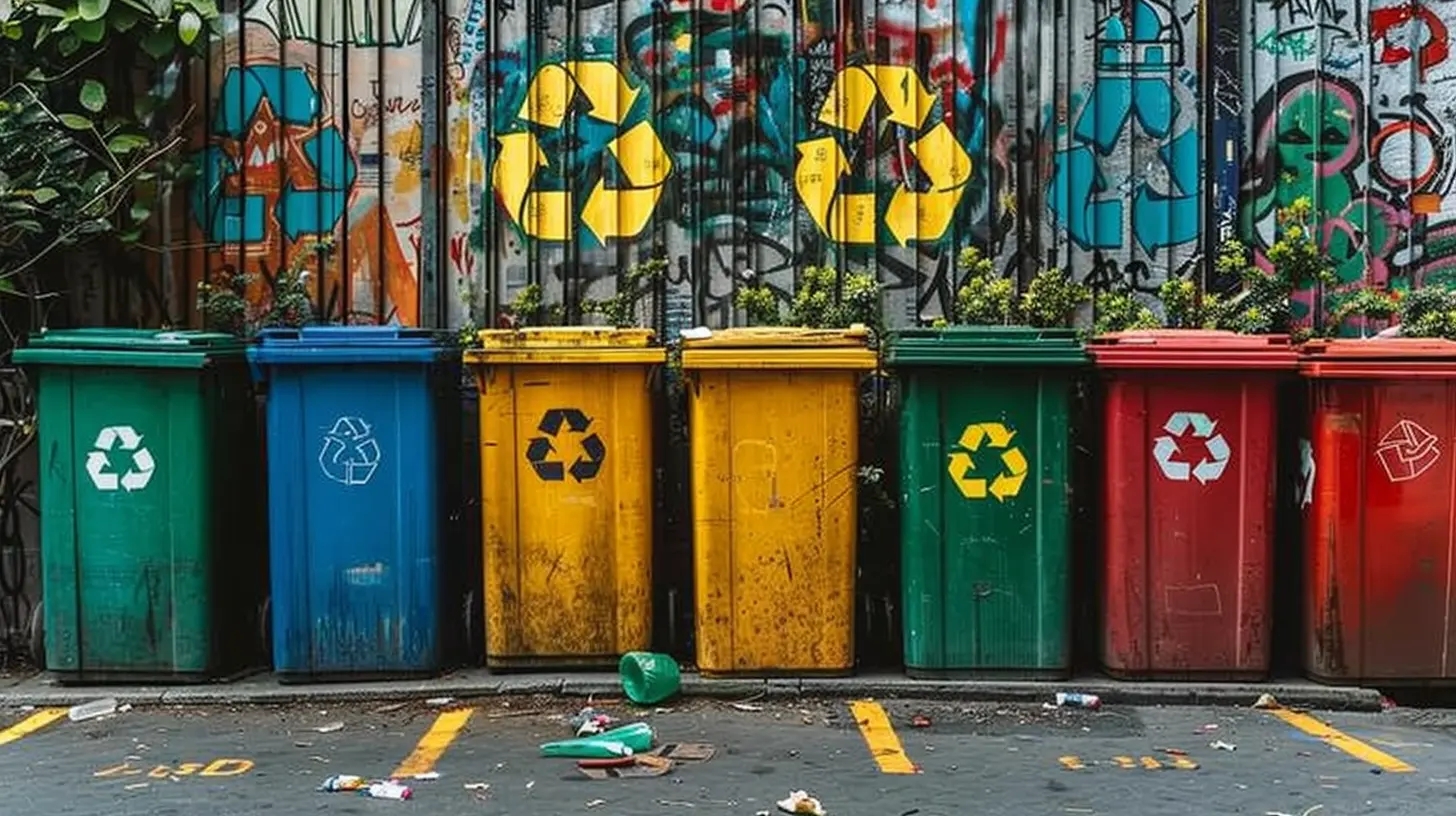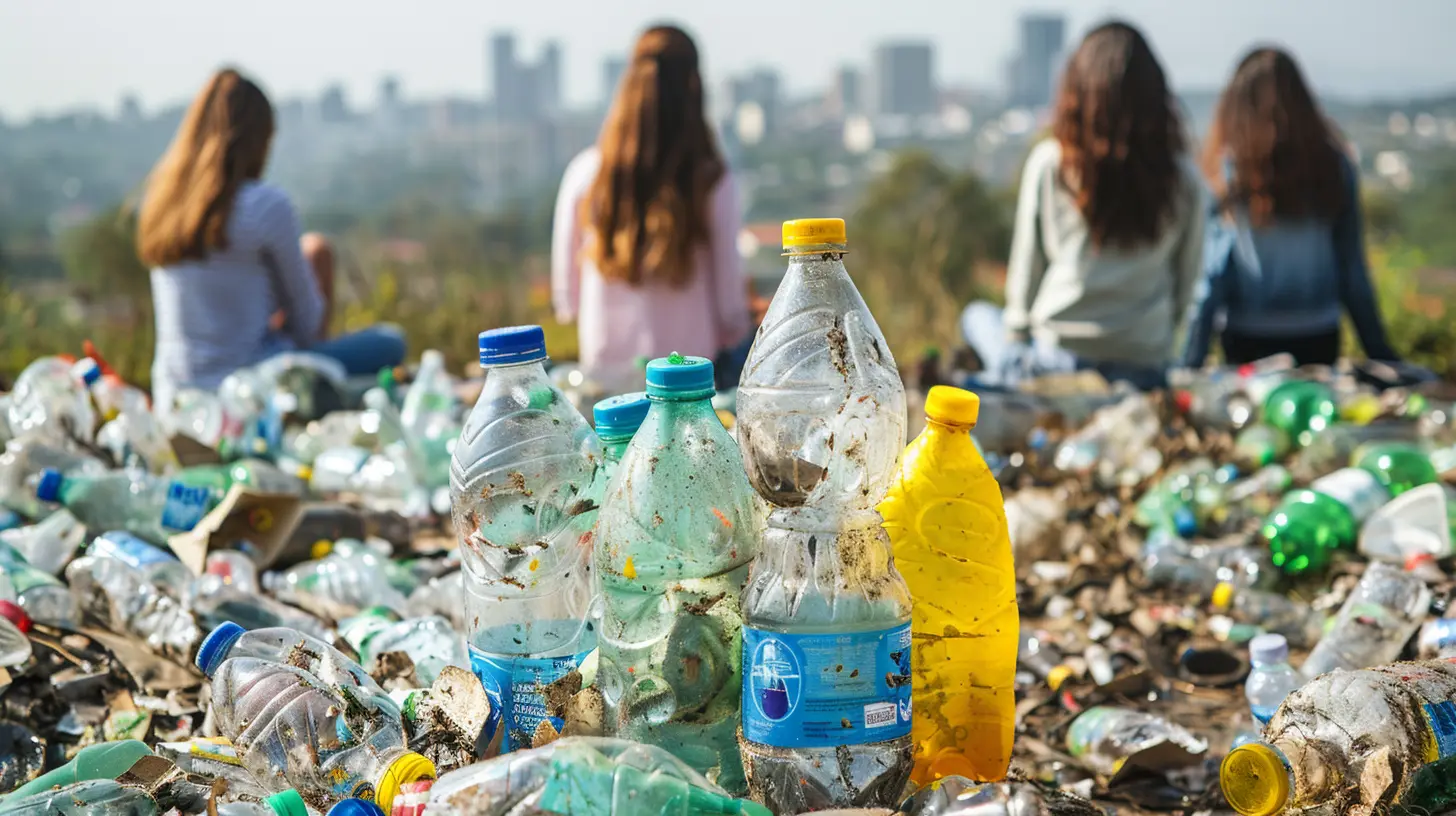Tackling Waste Through Corporate Social Responsibility Initiatives
3 August 2025
Waste management isn't just about taking out the trash anymore—it's become a major global challenge. Every year, businesses generate millions of tons of waste, much of which ends up in landfills, pollutes our oceans, or contributes to climate change. But here's the good news: companies are stepping up through Corporate Social Responsibility (CSR) initiatives.
So, how can businesses make a real impact when it comes to waste? Let's dive into the world of CSR-driven waste reduction and explore how companies are turning trash into treasure. 
Why Waste Management Should Be a Business Priority
Waste isn't just an environmental issue; it's a business issue too. Companies that ignore waste management risk damaging their reputation, losing customers, and even facing legal action. On the flip side, businesses that tackle waste responsibly can enhance their brand image, cut costs, and contribute to a healthier planet.Think about it—who doesn’t appreciate a company that actively works to reduce its environmental footprint? Customers are increasingly supporting businesses that show social responsibility, and waste reduction is a great place to start.
The Shocking Reality of Business Waste
Before we talk solutions, let’s look at the problem. Businesses contribute massively to global waste production. Here are some eye-opening stats:- The United Nations Environment Programme (UNEP) estimates that the world produces 2.01 billion tons of solid waste each year.
- The fashion industry alone contributes 92 million tons of textile waste annually.
- Food waste from businesses accounts for roughly 1.3 billion tons worldwide every year.
Clearly, there's a lot of work to do. But the good news? Companies have the power to drive change. 
How Companies Are Tackling Waste through CSR
Businesses are increasingly realizing that waste reduction isn't just a trend—it's a necessity. Here’s how forward-thinking companies are making a difference with Corporate Social Responsibility initiatives.1. Implementing Zero-Waste Policies
"Zero-waste" might sound like an impossible goal, but many companies are proving that it's achievable. The idea is simple: send nothing to landfills. While it requires commitment and innovation, the benefits are huge.Examples of Zero-Waste Success
- Patagonia—the outdoor gear company—has made it a mission to recycle old products and encourage customers to repair rather than replace their gear.- Unilever has achieved zero waste to landfill across hundreds of sites worldwide.
By repurposing materials, optimizing production processes, and encouraging recycling, these companies are showing that a zero-waste world isn't just a dream.
2. Sustainable Packaging Initiatives
Packaging waste is a major contributor to global pollution. From plastic wrapping to single-use containers, businesses have been guilty of prioritizing convenience over sustainability. But times are changing!How Businesses Are Making Packaging More Sustainable
- Biodegradable Materials – Companies like Coca-Cola and PepsiCo are testing plant-based bottles that break down naturally.- Minimal Packaging Designs – Apple has continuously worked to reduce the packaging of its products and eliminate unnecessary waste.
- Reusable Packaging – Brands like Loop are pioneering reusable packaging systems that allow consumers to return containers for reuse instead of disposal.
These shifts not only benefit the planet but also enhance brand loyalty as consumers become more environmentally conscious.
3. Tackling Food Waste in the Supply Chain
Food waste is one of the biggest yet most overlooked problems in businesses, especially in industries like hospitality, retail, and manufacturing.How Companies Are Fighting Food Waste
- Restaurants and grocery stores are partnering with food banks to donate surplus food instead of throwing it away.- Apps like Too Good To Go connect consumers with restaurants offering unsold food at discounted prices.
- Big brands like IKEA have introduced AI-powered technology to monitor and reduce food waste in their stores.
Reducing food waste isn't just ethical—it also saves money and helps combat hunger. A win-win situation!
4. Encouraging Employee Participation in Sustainability Efforts
CSR initiatives are most effective when employees are involved. Businesses that create a workplace culture centered around sustainability see better results.- Education & Training – Companies provide workshops on waste reduction and sustainability practices.
- Green Challenges – Businesses motivate employees through recycling contests or waste-reduction challenges.
- Employee Volunteering – Employees participate in local clean-up drives or recycling programs.
When businesses engage employees in sustainability, waste reduction becomes part of the company’s DNA.
5. Partnering with Eco-Friendly Suppliers
A company may have the best internal sustainability efforts, but if its suppliers are wasteful, it undermines the whole initiative. That’s why many companies now prioritize working with environmentally responsible partners.- Sourcing Materials Responsibly – Brands like Nike and Adidas are using recycled and sustainable materials for their products.
- Eco-Friendly Manufacturing – Companies collaborate with suppliers committed to waste reduction and sustainable production processes.
Aligning with responsible suppliers ensures that sustainability efforts extend beyond internal policies. 
The Business Benefits of CSR Waste Reduction Initiatives
Sure, cutting waste is great for the planet, but it’s also great for business. Companies that integrate waste reduction into their CSR strategies stand to gain a lot.1. Cost Savings
Reducing waste often means cutting unnecessary expenses. Less waste means fewer disposal costs, lower material costs, and more efficient production processes.2. Brand Loyalty & Customer Appeal
Consumers support sustainable brands. Businesses that prioritize waste reduction build trust and long-term customer relationships.3. Regulatory Compliance & Risk Reduction
Governments are introducing stricter waste regulations. Companies that proactively manage waste avoid legal issues and hefty fines.4. Competitive Advantage
Sustainable companies stand out. A strong CSR waste reduction program sets a business apart from competitors.5. Positive Public Relations Impact
Media and consumers love sustainability success stories. Companies reducing waste get free publicity, enhancing their reputation.
Final Thoughts: The Future of Waste Reduction in Business
Tackling waste through Corporate Social Responsibility isn’t just an obligation—it’s an opportunity. Companies that embrace sustainable waste management find themselves ahead of the curve, enjoying benefits that extend far beyond the environment.From zero-waste policies to sustainable packaging and food waste reduction, businesses are proving that waste management is more than just a strategy—it’s a movement. And the best part? Every step taken towards cutting waste contributes to a cleaner, healthier world.
So, here’s the real question: Is your business ready to step up and make a difference?
all images in this post were generated using AI tools
Category:
Corporate Social ResponsibilityAuthor:

Ian Stone
Discussion
rate this article
1 comments
Riff McDonough
Great insights on integrating CSR to address waste! Highlighting practical examples could inspire more businesses to take action. Additionally, measuring impact over time will strengthen these initiatives' effectiveness. Keep up the good work!
September 7, 2025 at 3:21 AM

Ian Stone
Thank you for your feedback! I completely agree that practical examples and measuring impact are crucial for strengthening CSR initiatives. I'll definitely consider incorporating more of these elements in future discussions.


